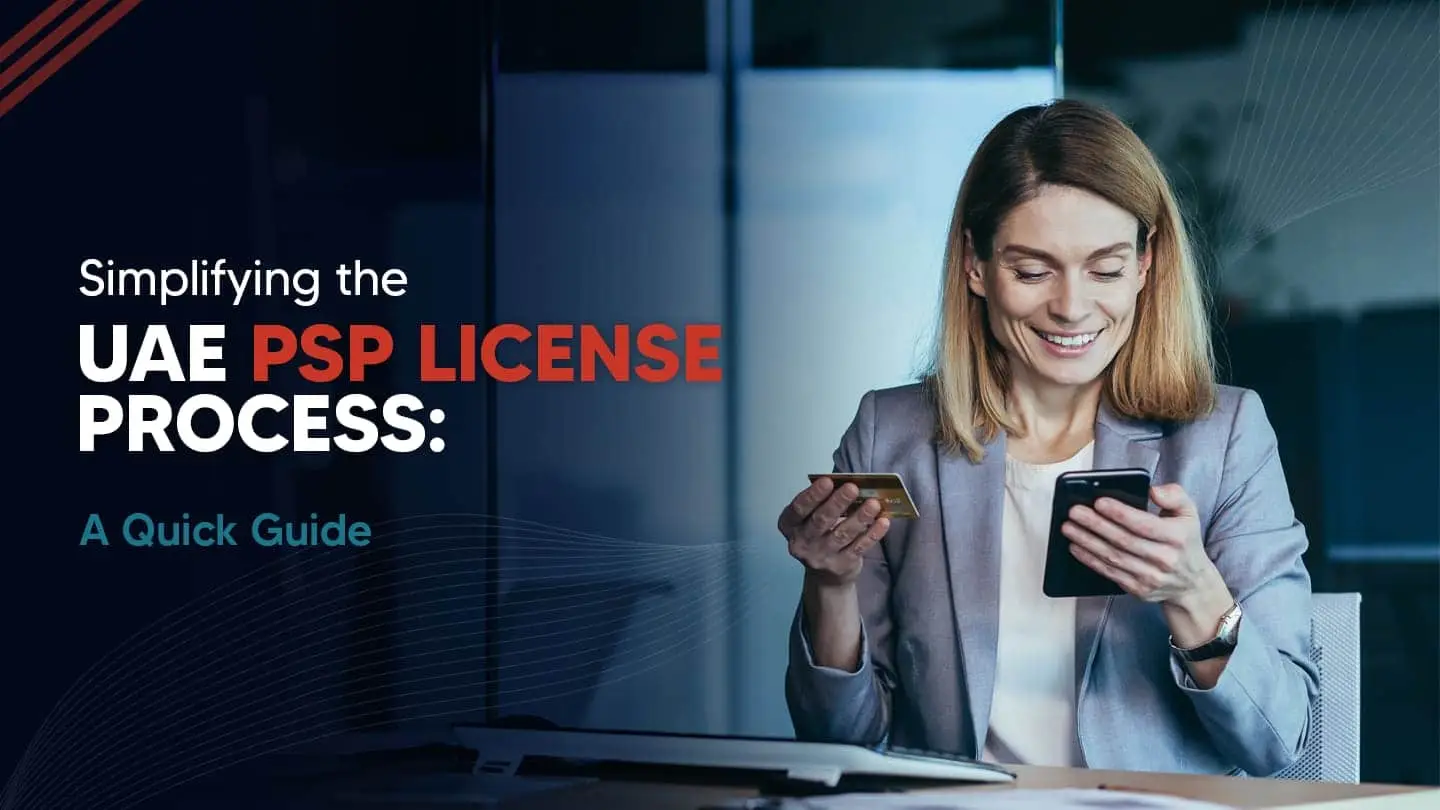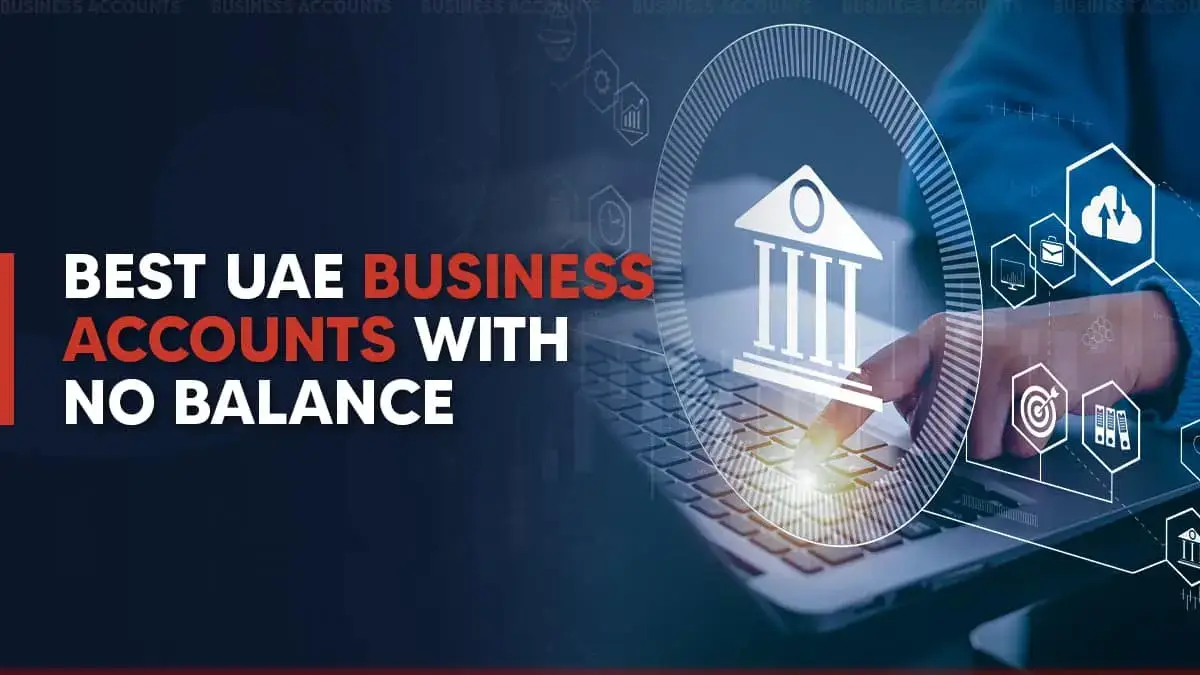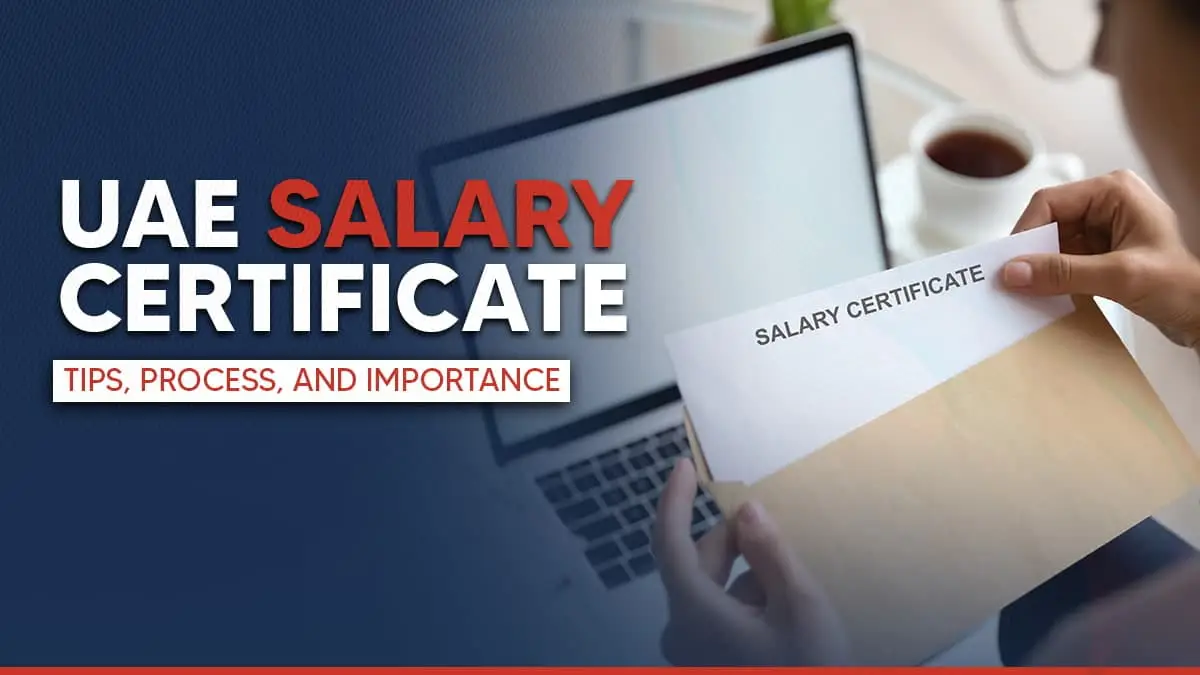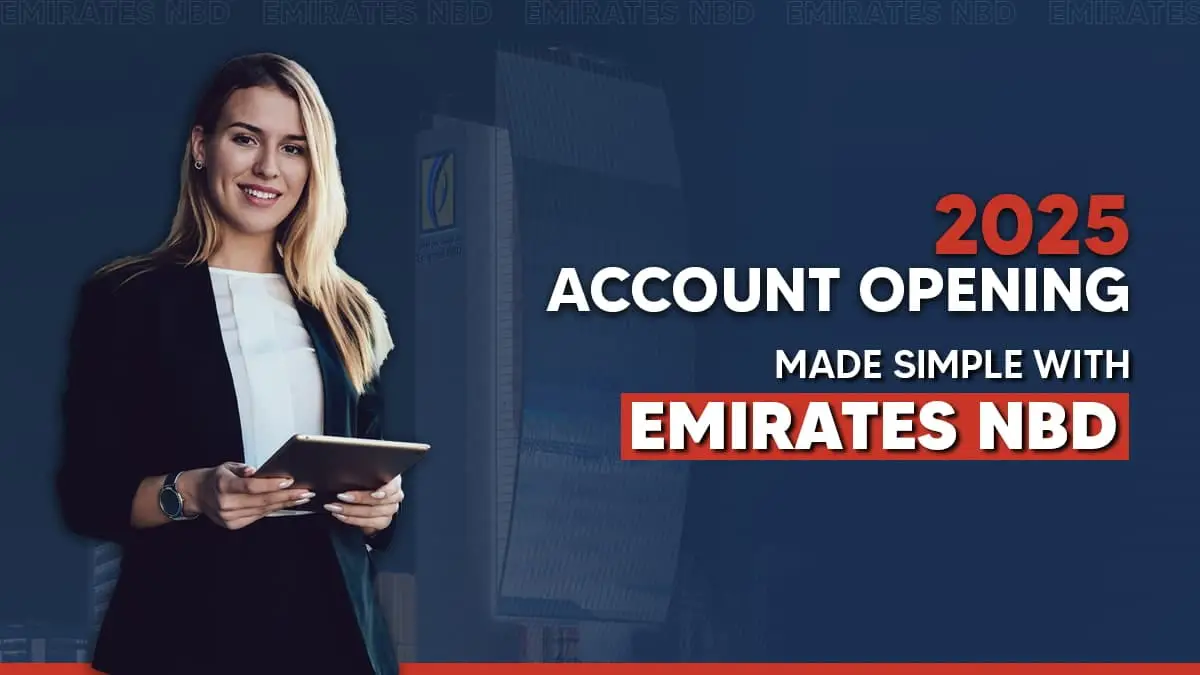Did you know that Dubai is home to one of the most advanced and powerful stock exchange markets in the world? However, there are a few things you need to consider if you are thinking about trading in Dubai.
The Dubai Financial Market (DFM) started in 2000. One of the best-regulated markets in the Middle East and North Africa (MENA) region exists. The UAE authority helps potential investors start their journey. They assist with documentation and trading accounts. The UAE also offers a well-regulated and friendly business environment.
Today, we will cover what you need to know to start trading in the United Arab Emirates. This will help you begin your business on the DFM trading floor.
Reasons to Trade in Dubai
Explore the compelling reasons why trade in Dubai stands as a beacon for traders and investors in the global market.
1. A Robust Economy
Dubai and the broader UAE boast one of the most diversified economies globally, with approximately 72% of GDP generated from non-oil sectors. This contrasts sharply with other Middle Eastern nations and positions the UAE as a rapidly emerging global business hub. The UAE also ranks among the top nations worldwide in terms of income per capita, thanks to significant infrastructural developments.
2. Pro-Business Climate
The UAE is renowned for its business-friendly environment, making trade in Dubai particularly appealing, evidenced by its high ranking (16th out of 190 countries in 2020) in the World Bank’s International Doing Business Index. The country offers minimal taxation, straightforward company setup processes, and state-of-the-art infrastructure, supporting both online and offline business activities across all trading hours.
3. Welcoming Foreign Investors
Recent government initiatives have further liberalized investment policies to attract foreign capital:
- Ownership: Foreign investors can now 100% own their businesses in the UAE without local sponsorship.
- Workforce: The expatriate workforce constitutes 80% to 90% of the total workforce.
- Workweek Alignment: To synchronize with global markets, the UAE shifted the official workweek from Sunday-Thursday to Monday-Friday (four-and-a-half-day work week ending at midday Friday).
- Taxation: The UAE maintains a lax taxation regime, with no personal income taxes and only a flat 5% VAT.
Trading in Dubai: Markets and Indexes Available
Trade in Dubai benefits from two major financial markets:
- Dubai Financial Market (DFM): Primarily features local companies and includes three key stock indices:
- DFM General Index
- DFM Shariah Index
- UAE ESG Index
- Nasdaq Dubai: Offers a platform for trading both local and international securities.
Market Information for Trading UAE Shares
When engaging in trade in Dubai, you can find clear pricing and industry data. You can access this information through your broker’s app or website. The best and most reliable source for stock trading data in the UAE is the DFM App. Available on Google Play and the Apple App Store.
Each month, the Dubai Financial Market updates the rankings of brokers. This ranking relies on trading volume and quantity. You can always see how your broker is performing in the market.
Accurate and up-to-date market data is crucial for trading, available through tools like the DFM App on Google Play and the Apple App Store. Monthly broker rankings based on trading volume and activity are also accessible, helping traders monitor and evaluate broker performance.
Dubai’s Basic Requirements for Trading
To trade in Dubai stocks:
- Obtain a National Investor Number (NIN) by submitting an investor number request form along with the required documentation to the Dubai Financial Market.
- Open a trading account with a broker listed on the DFM.
These streamlined processes make Dubai an attractive destination for trading within the global financial landscape.
Step-by-Step Guide: How to Start Trading in UAE?
The United Arab Emirates offers a robust platform for trading in the stock market, designed to promote a welcoming business environment. Here’s a simplified guide to starting trade in Dubai in the stock market.
1. Define Your Investment Objectives
Before entering the UAE stock market, it’s crucial to define your investment goals and understand your risk tolerance. Decide whether you aim for short-term gains or long-term wealth accumulation. Familiarize yourself with different asset classes like stocks, bonds, and Sukuk, and understand the associated risks. This preparation will help you navigate the market complexities and align your investments with your financial goals.
2. Obtain Your NIN or Investor Number
The Investor Number (NIN) is essential for trading in Dubai, acting as both your identification and a regulatory requirement. You can obtain a NIN through one of three methods:
- Option 1: DFM App
The easiest and fastest method is via the DFM mobile app. Submit the required documents and take a selfie using the app. The process can be completed in about three minutes, and your NIN will be sent to you via SMS.
- Option 2: Dubai CSD
For those preferring traditional methods, visit the Dubai CSD Investor Affairs Help Desk at the Dubai World Trade Centre. You can complete your application in person and receive your NIN via SMS.
You can sign and submit the paper-based or electronic application form. The authority will quickly verify and issue your NIN via SMS.
- Option 3: Registered Broker
Alternatively, you can apply through a broker listed on DFM’s authorized brokerage firms. The paperwork remains the same as applying directly.
3. Open a Trading Account with a Broker
After obtaining your NIN, the next step is to select a registered broker. Research thoroughly before choosing one. Consider the following when selecting a broker:
- Services Offered: Brokers may offer varying services including equities trading, margin trading, and online trading. Some may provide advanced features like direct market access and derivatives trading.
- Technology: Ensure the broker provides a robust online trading platform that includes real-time and historical data, and a functional mobile app.
- Fee Structure: Understand all related fees including transaction, account opening, maintenance, and portfolio management fees by visiting their websites.
4. Start Trading in Dubai
Once your account is set up, you can start trading using platforms like the DFM app or DFM e-services portal, which provide real-time data updates. Here are the trading options available:
- Listed Equities: Trade from 116 stocks listed on DFM and Nasdaq Dubai, using detailed market profiles available on DFM’s website.
- Derivatives: For seasoned investors, derivatives and futures are available to diversify portfolios and hedge against price fluctuations.
- Market-Traded Funds (ETFs): ETFs offer advantages like lower management fees, lower minimum investments compared to mutual funds, and high liquidity.
- Sukuk and Bonds: If you prefer safer, long-term investments, consider Sukuk (Islamic bonds) and conventional bonds, which can offer returns between 3% to 7%.
5. Monitor Your Portfolio
With your broker and trading account set up, you can trade stocks and other investment tools in Dubai. It is crucial to regularly monitor your investment portfolio to manage and adjust according to market conditions and your financial goals.
This streamlined approach will help you embark on your trading journey in the UAE with clarity and confidence.
Conclusion
No matter when you engage in trading in Dubai, you’ll find the environment favourable and business-friendly as soon as you start. Local authorities strongly support the trading process, which uses the latest technologies to streamline operations.
Besides stock trading, Dubai and the UAE also offer other innovative investments like Web 3 technologies.
Interested in learning how to start a business, obtain a trade licence, and engage in commerce in Dubai right away? Please contact us immediately.
We are a core team of business consultants with in-depth knowledge of UAE company registration & business licensing. Investors entering the UAE can select from a variety of tailored company formation packages to meet all their needs.
For assistance, please call us at +971 44081900, send a WhatsApp message to +971 507775554, or email [email protected].







